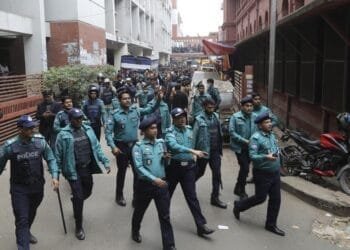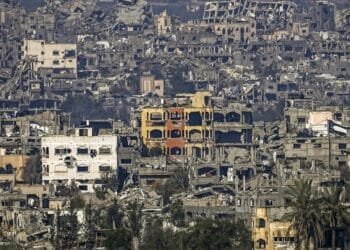Islamabad, Pakistan – They were a common sight across major Pakistani cities, performing low-paying wage work – loading goods at markets, pushing carts on streets to sell fruits and vegetables, or picking trash.
But since the beginning of the month, those Afghans have been missing from public view after the Pakistan government ordered a crackdown on undocumented refugees and migrants, nearly 1.7 million of them from the neighbouring country.
Air conditioner technician Raza Ali, who works in a major electronics market in Lahore, Pakistan’s second-largest city in the eastern Punjab province, told Al Jazeera he was “not friends with them, but they were always around”.
“But since the government started its crackdown, they just vanished. It could be good for us because now our people can do their jobs,” the 31-year-old told Al Jazeera.
“Look, they were not from here. If the government is sending them back to their own country, what is wrong with that? I think this is the right decision. Besides, I did not know them. It does not make any difference to my life,” he added nonchalantly.
Ali’s sentiments perhaps explain the muted response of common Pakistanis to the expulsion of the Afghan refugees, many of whom were born in Pakistan and had never seen Afghanistan.
The Afghan migration to Pakistan began in the late 1970s after the Soviets invaded their country. Then, the Afghans came in more waves after the United States attacked Afghanistan in the aftermath of the 9/11 attacks and the more recent Taliban takeover of Kabul in 2021.









 United Arab Emirates Dirham Exchange Rate
United Arab Emirates Dirham Exchange Rate